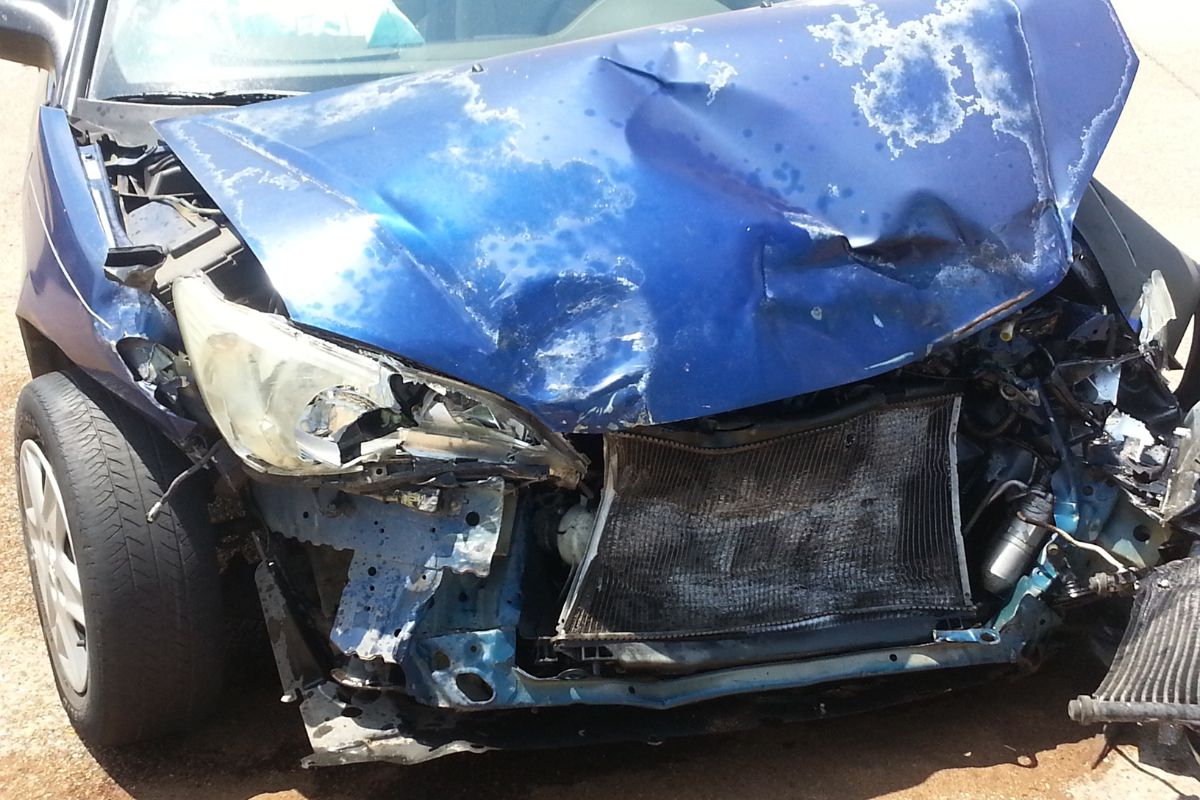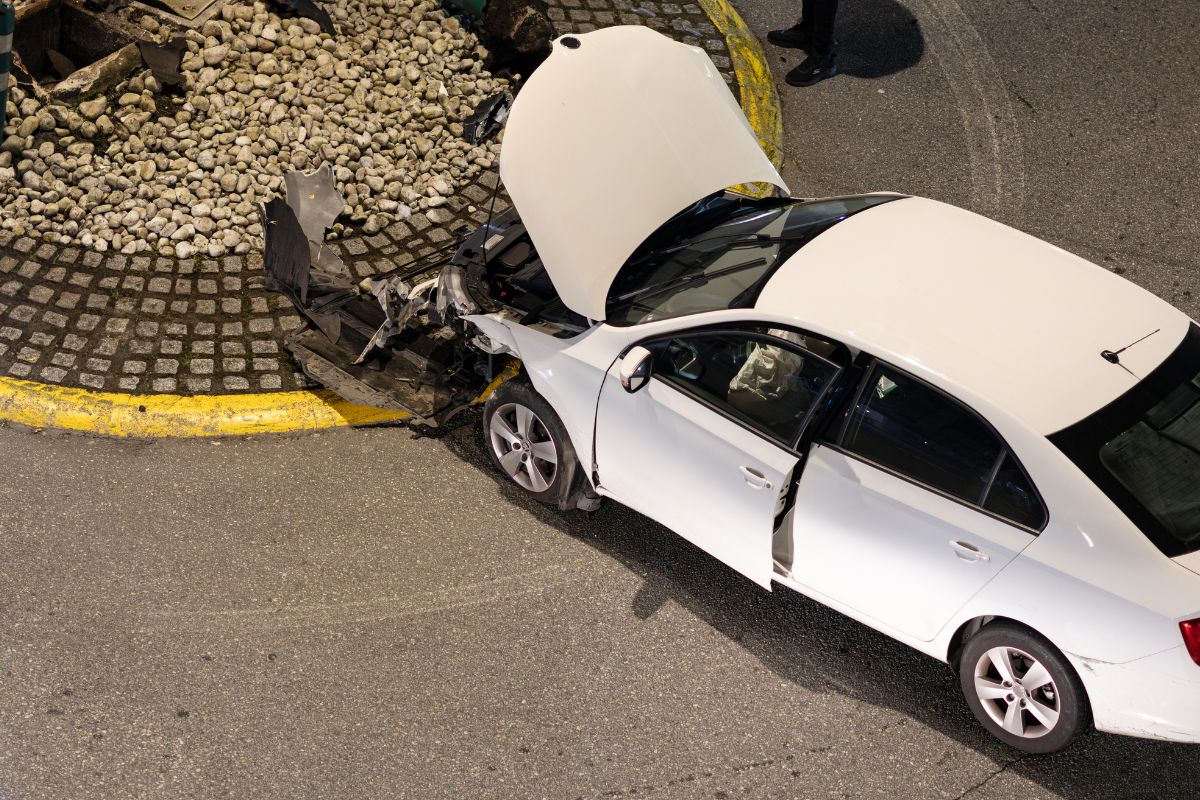
Understanding Airbag Failure: Common Causes
Airbags are essential safety features in modern vehicles, but they can fail for various reasons. Understanding these causes can help you determine liability after an accident. Here are some common reasons why airbags may not deploy:
- Manufacturing Defects: Issues during the production process can lead to faulty airbag systems. These defects may prevent proper deployment during a crash.
- Design Flaws: Inadequate engineering or flawed design can compromise the airbag’s functionality. If the airbag design does not account for real-world scenarios, it might not work as intended.
- Electrical Malfunctions: Airbags rely on a complex electrical system to deploy. Any failure in the deployment system, such as damaged wiring or sensors, can lead to non-deployment.
- Neglecting Maintenance: Regular inspections are crucial for safety features. Owners who neglect routine maintenance may inadvertently put themselves at risk if their airbag system has issues.
Understanding these common causes not only informs you about the risks involved but also prepares you for potential legal action if an airbag fails during an accident.
Navigating Liability: Who’s Responsible for Airbag Failure?
Determining liability in cases of airbag failure can be complex. Various parties may bear responsibility, and understanding how liability is established can help you navigate these situations. Here’s an overview of the parties involved:
- Manufacturers: If a defect arises from the design or production of the airbag, the manufacturer can be held liable. They are responsible for ensuring their products meet safety standards.
- Vehicle Owners: Vehicle owners must maintain their cars properly. Ignoring recall notices or failing to address known issues can make them partly responsible for airbag failure.
- Repair Shops: If a repair shop neglects to fix airbag issues correctly or fails to inform the owner about potential problems, they might also share liability.
Establishing liability involves examining the circumstances surrounding the accident. An attorney can help clarify which parties may be held accountable.
Manufacturer Liability: When Automakers Are to Blame?
Manufacturers can face serious consequences when their airbags fail due to negligence or design flaws. Understanding the legal concepts of strict liability and negligence is essential in these cases:
- Strict Liability: Manufacturers are often held strictly liable for defects in their products, meaning they can be responsible for damages even if they did not act negligently. If an airbag fails due to a defect, the manufacturer may face liability.
- Negligence in Design: If the design of the airbag is inherently unsafe, manufacturers can be found negligent. This liability arises when a product does not meet the reasonable safety expectations of consumers.
Numerous lawsuits have targeted automakers for faulty airbags. High-profile cases often reveal how a company’s failure to meet safety standards can lead to significant financial penalties and reputational damage.
Owner Responsibility: Your Role in Airbag Safety
As a vehicle owner, you play a crucial role in ensuring your car’s safety features, including airbags, function correctly. Here’s how you can take responsibility:
- Maintenance: Regularly inspect your vehicle and ensure all safety features are in working order. Follow the manufacturer’s maintenance recommendations to prevent issues.
- Recall Notices: Pay attention to recall notices regarding your vehicle. If you receive one, act promptly to address any airbag issues. Ignoring these notices can lead to dangerous situations.
- Repairs: If you notice any signs of trouble with your airbag system, such as warning lights on your dashboard, seek repairs immediately.
By being proactive about your vehicle’s safety, you can significantly reduce the risk of airbag failure during an accident.
The Role of Insurance Companies: Navigating Claims
When dealing with airbag failure after a car accident, insurance companies play a significant role. Here’s what you need to know:
- Claim Assessment: Insurance companies evaluate claims related to airbag failure by examining accident reports, medical records, and statements. They seek to determine liability before processing claims.
- Impact on Payouts: The determination of liability directly affects insurance payouts. If you are found at fault due to negligence, your compensation may be significantly reduced.
- Dealing with Adjusters: Be prepared for interactions with insurance adjusters. They may pressure you to settle quickly. It’s essential to have your documentation ready and consider legal advice to ensure you receive fair compensation.
Understanding how insurance companies assess claims can help you navigate the process more effectively and protect your interests.
Seeking Legal Help: Why You Need an Attorney?
Consulting a personal injury attorney is vital when dealing with airbag failure cases. Here’s why having legal representation matters:
- Expertise: An attorney familiar with airbag failure cases can provide essential guidance. They understand the legal nuances and can build a strong case on your behalf.
- Impact on Outcome: Having legal representation often leads to better outcomes in personal injury claims. Attorneys can negotiate with insurance companies more effectively and advocate for your rights.
- Steps to Take: If you suspect you have a case related to airbag failure, consult an attorney promptly. They will help you gather necessary documentation, assess the strength of your case, and guide you through the legal process.
Legal help can make a significant difference in your claim, ensuring you receive the compensation you deserve.
Frequently Asked Questions: Your Airbag Failure Queries Answered
Here are some common questions regarding airbag failure:
What should I do if my airbag fails during an accident?
If your airbag fails, seek medical attention immediately. Document the accident and gather evidence to support your case. Consult an attorney for further guidance.
How do I know if my airbag is defective?
Look for warning lights on your dashboard. If you receive a recall notice or have trouble with your airbag system, consult a mechanic for a thorough inspection.
What is the statute of limitations for filing a claim?
The statute of limitations varies by state. Generally, it ranges from one to three years. Consult an attorney to ensure you file your claim within the legal timeframe.
Understanding airbag failure and liability empowers you to make informed decisions after an accident. Remember, whether it’s the manufacturer, vehicle owner, or repair shop, various parties can be held accountable. Consulting a knowledgeable attorney can strengthen your case and maximize your compensation. Stay proactive about your vehicle’s safety features, and don’t hesitate to seek legal help if you suspect negligence. Your safety is paramount, and taking action can make all the difference in your recovery journey.




